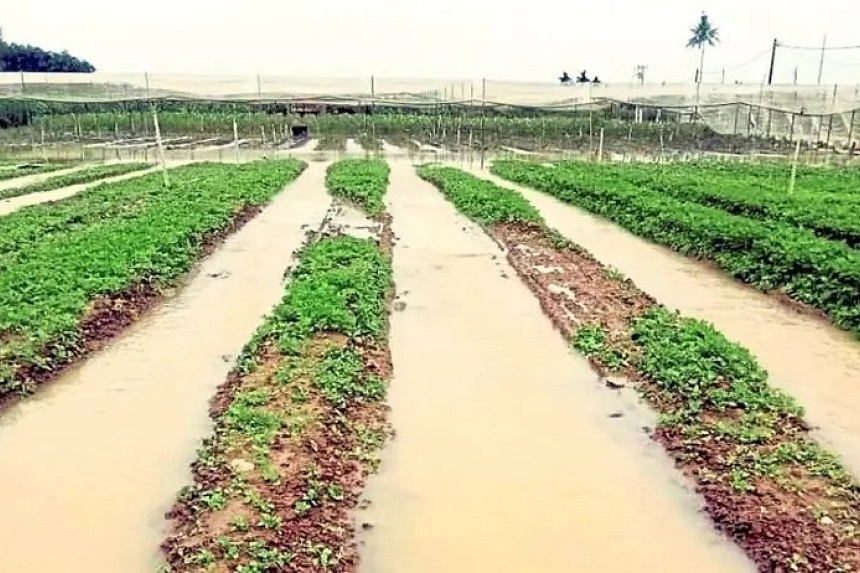The absence of US President Joe Biden from the G20’s first group photo is perhaps emblematic of what the world expects of the next US administration under Donald Trump. In the photo, Brazilian President Luiz Inacio Lula da Silva stands between the leaders of India, which hosted the Group of 20 summit in 2023, and South Africa, which is scheduled to host the next one.
The G20 summit unfolded last week in Rio de Janeiro, Brazil, a city where affluent neighbourhoods stand in stark contrast to large slums. It is against this backdrop that Brazil’s president launched the Global Alliance Against Hunger and Poverty.
After World War II, East Asia underwent perhaps the most dramatic large-scale poverty reduction in modern history along with remarkable economic development. Hundreds of millions of people escaped poverty. Among G20 nations, China and South Korea rose out of poverty to become global economic powerhouses.
East Asia, propelled by export-oriented growth, shows that the confluence of open markets, human capital development, inclusive institutions and integration into the global economy can drive sustained economic development which lifts people from poverty to prosperity.
The East Asian economic miracle showed that transformative poverty reduction is possible through sustained economic development. However, the Global South still struggles with systemic poverty.
Many Latin American nations have experienced economic stagnation in recent decades after a period of moderate growth. The import-substitution industrialisation strategy – adopted by countries such as Brazil, Argentina and Mexico – faltered under the weight of protected inefficiencies, mounting debt and other structural problems, ultimately failing to deliver sustainable economic changes.

 By South China Morning Post | Created at 2024-11-26 08:43:08 | Updated at 2024-11-26 10:37:11
2 hours ago
By South China Morning Post | Created at 2024-11-26 08:43:08 | Updated at 2024-11-26 10:37:11
2 hours ago








